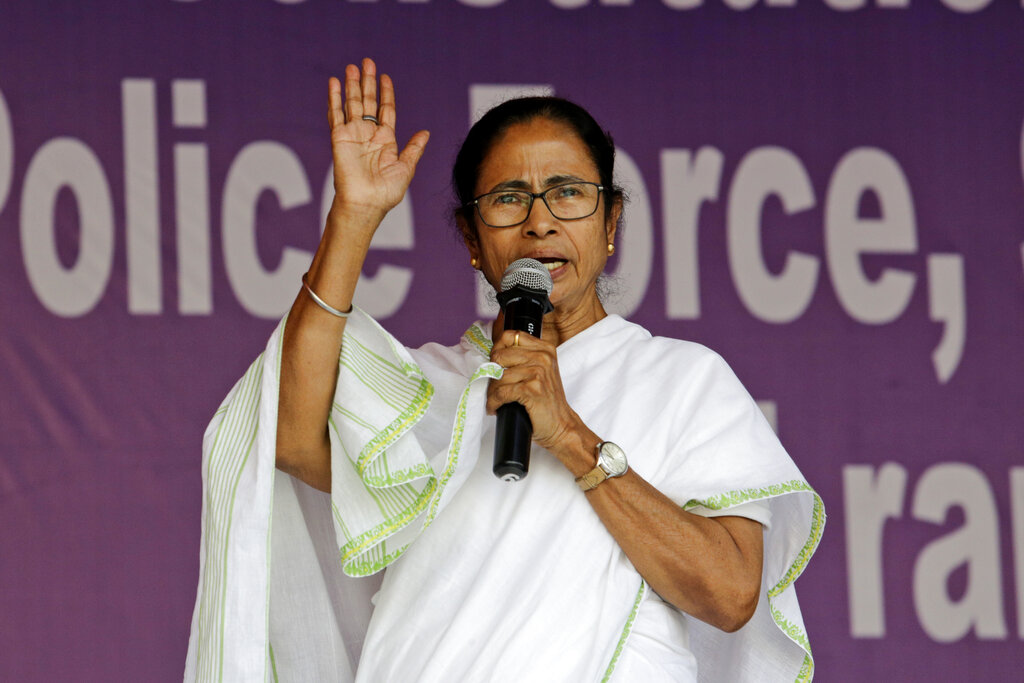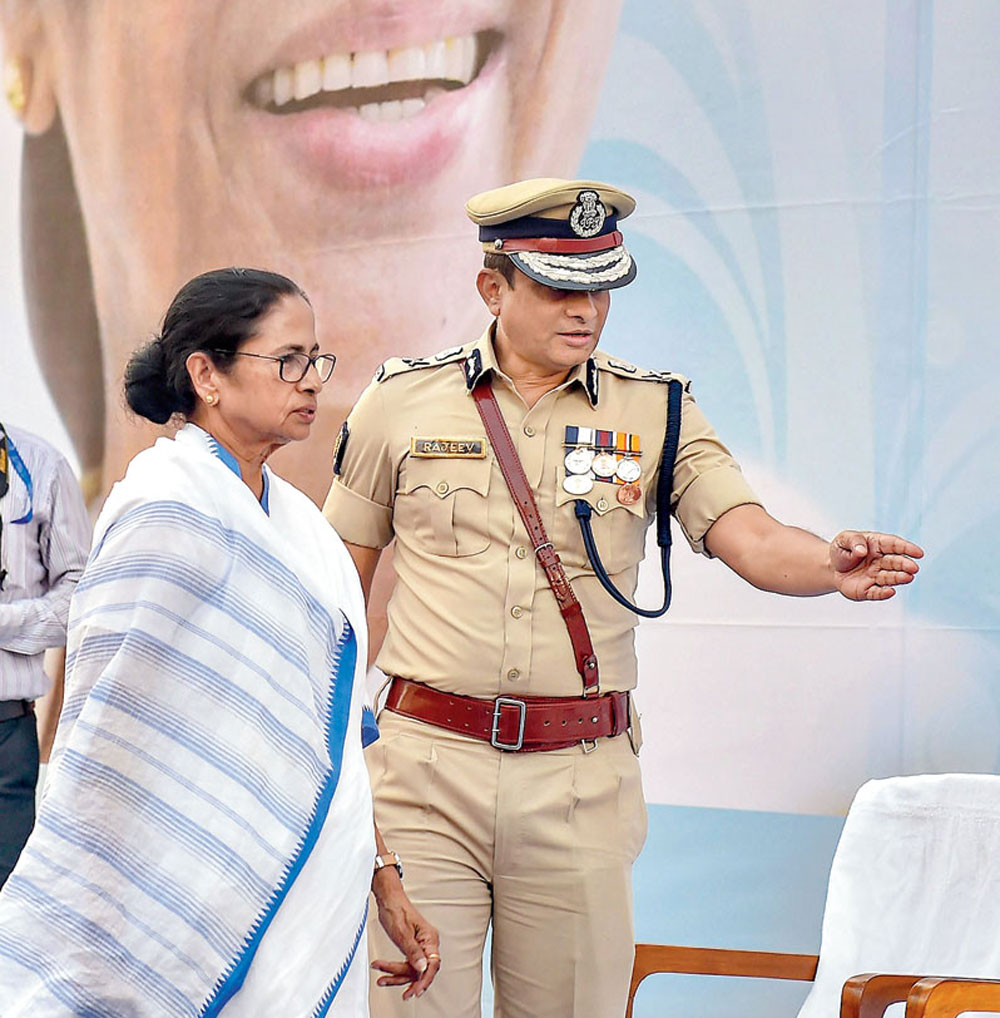Watching the debacle in February involving the Central Bureau of Investigation playing out on the streets of Calcutta was akin to witnessing a tragicomedy: two groups of armed men getting into a hand-to-hand fight is alarming enough, but the situation becomes volatile when both are police, and both are actively supported and encouraged by their political masters. History has clarified the crux of the matter: every Opposition party, to whichever government was in power, has never had faith in the CBI and always viewed it as a puppet of the incumbent government. The status quo cannot continue. The heads of all major institutions are viewed as being party to the CBI’s activities. What fuels this suspicion is how the CBI is overseen.
The role model is the United States of America’s Federal Bureau of Investigation. The director is nominated by the president and, by virtue of the US Constitution, must be ratified by the Senate in what their Constitution describes as ‘Advice and Consent’, which, in effect, means open hearings. The nominee faces days of questioning about his experience, finances, education, political affiliations, family, ex-partners and plans for the organization. He is questioned about hypothetical and real world scenarios and asked what action he would take if confirmed. His previous decisions are dissected minutely. This is all done with transparency; news cameras broadcast the drama live and news platforms, people on social media and the general public comment, dissent, criticize or support as it happens. In the event that the Senate is not satisfied with the nominee, a two-thirds vote would reject him, thus overruling the president in a brilliant example of the legislature counter-balancing the executive, with the judiciary ensuring legality; the way democracies are supposed to work.
The Indian model for appointing the director of the CBI is more opaque. A three-member panel consisting of the prime minister, the chief justice of the Supreme Court and the leader of the Opposition sit in a private, closed-door meeting, the minutes of which are not disclosed, and if two out of the three agree, the director is appointed. It is worth noting that the director himself is not required at the meeting. For the role of the most powerful cop in the country, the applicant himself need not be interviewed!
The total lack of transparency is the very seed of doubt which burrows itself into every action taken by the CBI. As a result, these actions are seen as purely political. This has also led to the CBI being constitutionally hampered; if states do not want the CBI to operate, it cannot. The FBI can go wherever it wants, which is why it has 56 field offices across the US and is armed with a raft of laws that give it sole authority to investigate, leaving no room for ambiguity. This ‘operational independence’ is only granted as there is transparency in FBI appointments, following on from which there is a blanket statutory authority for all that it does. In India, both are absent, so the void is filled with doubt. The only people benefiting are criminals, and the reputation of the republic is damaged in the eyes of the world.
The republic cannot be compromised. The next government must give serious thought to bringing the CBI into the light and within the ambit of the law. It should be streamlined, absorbing other superfluous agencies which do similar work, such as the National Investigative Agency, the Intelligence Bureau, Enforcement Directorate and state-level Special Task Forces. The latter investigate terrorism when it requires nationwide monitoring and not a disjointed, politically-compromised approach. This would, for example, leave scope for the recruitment of specialist forensic chartered accountants for the ED, and would free the IB to keep a watch on terrorists and criminals, not Opposition leaders or demonstrators, as is the case now. Clear demarcations leads to expertise, smooth operations and no jurisdictional disputes.













